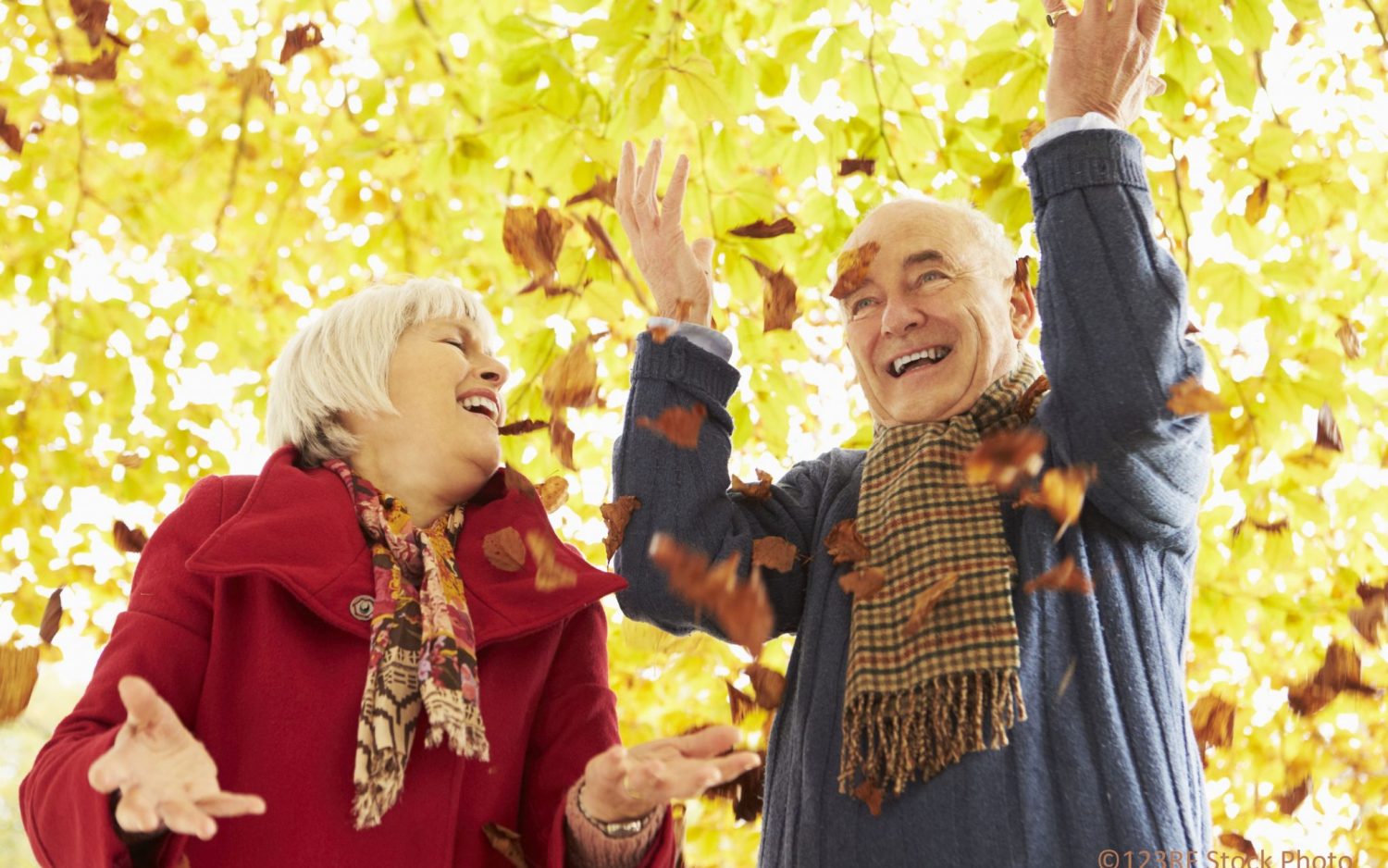SENSE-GARDEN
The progressive impact of dementia on memory, communication, behaviour, orientation, and mood can have serious implications for an individual’s wellbeing. Whilst there is currently no cure for dementia, it has been suggested that activity involvement can improve the quality of life for individuals living with the disease. Activities such as sensory stimulation and reminiscence therapy have been shown to have positive effects on mood, memory, and self-identity. People with dementia will visit the SENSE-GARDEN room, accompanied by a caregiver, professional or family member. The SENSE-GARDEN will adapt itself to the life experiences of its visitor by connecting to a digital Life Book with her or his history and memories. The person’s favourite music fills the room; photos of familiar places are displayed, like the church next to the house where she or he lived when younger, or showing people such as family members and friends. The project includes four countries in which the SENSE-GARDEN is tested: Norway, Belgium, Romania and Portugal.

